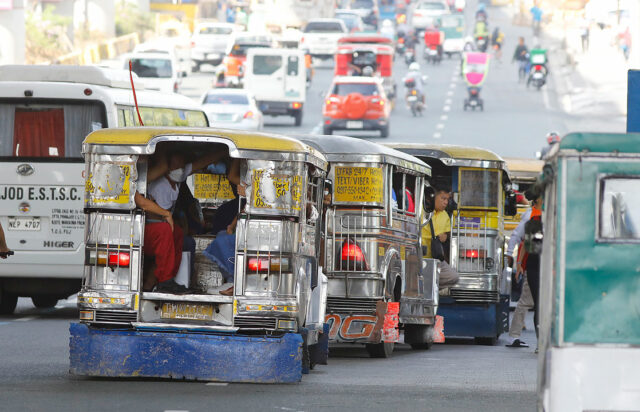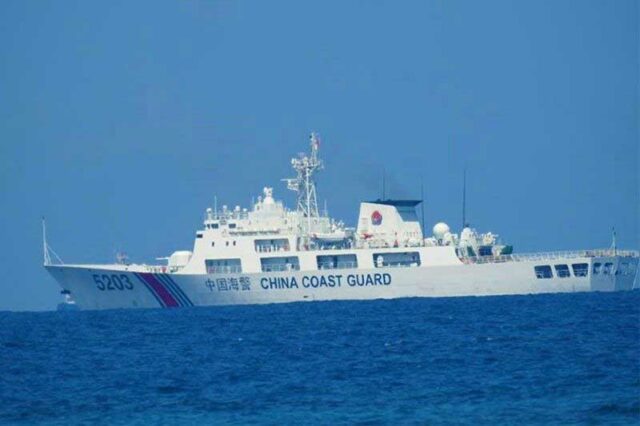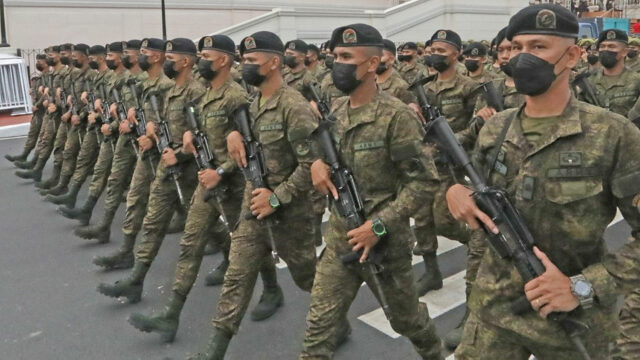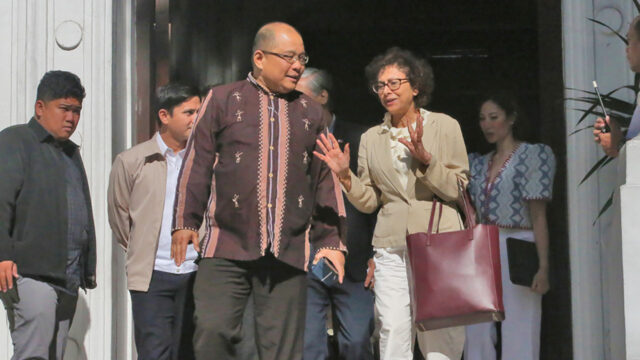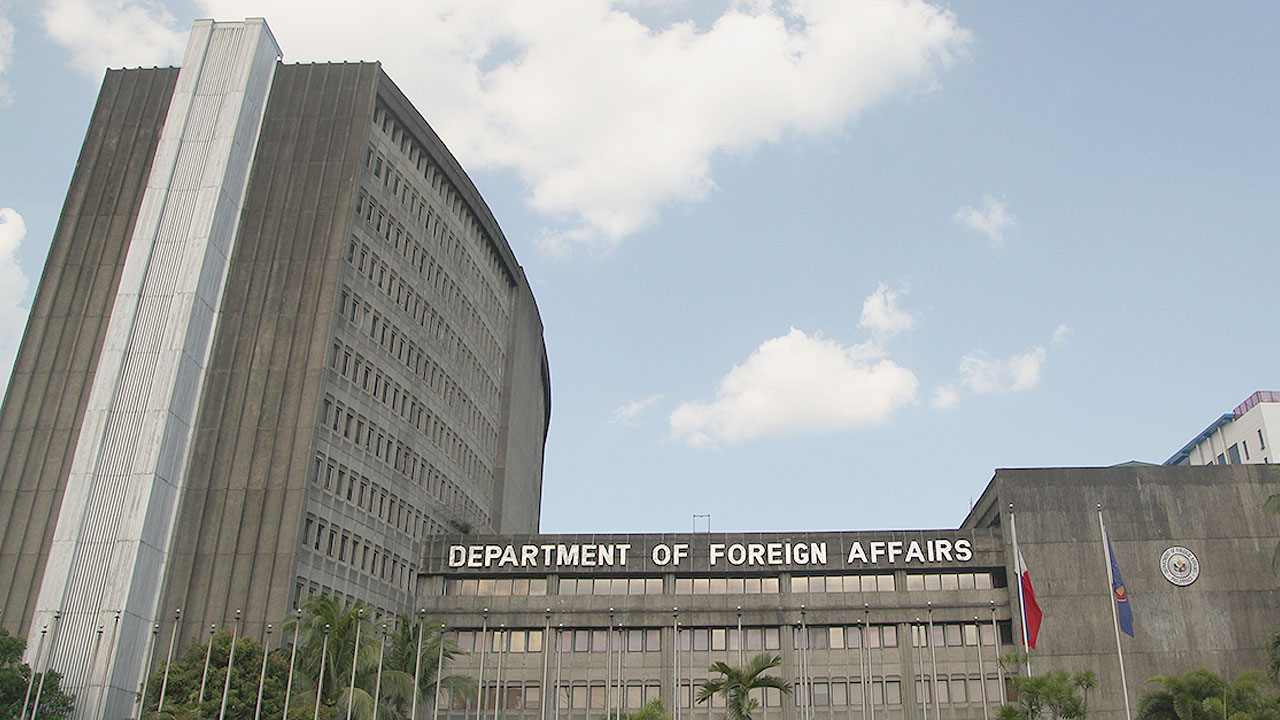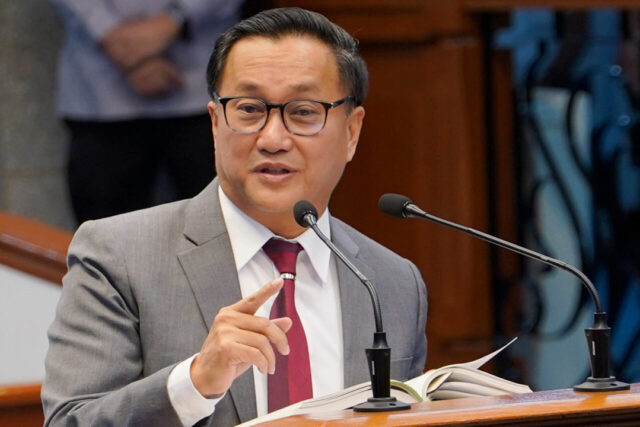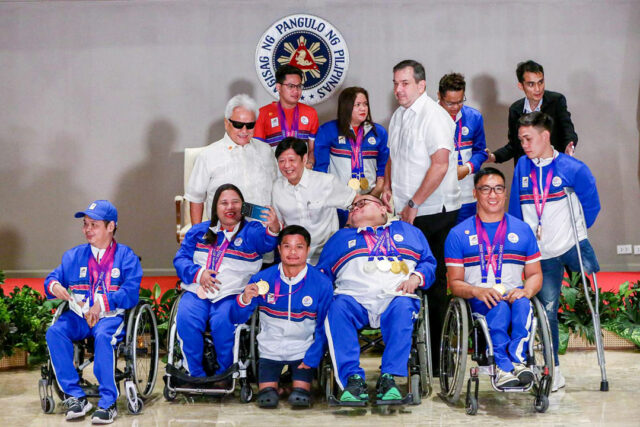Marcos pushes easing Charter limits but bucks foreign ownership of land
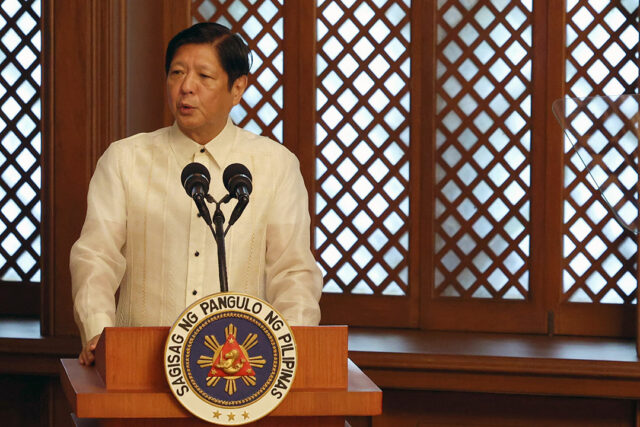
PHILIPPINE President Ferdinand R. Marcos, Jr. on Tuesday backed moves to amend economic provisions of the country’s 36-year-old Constitution, which he said was “not written for a globalized world.”
The President, however, was critical of proposals to allow full foreign ownership of land, media and power generation.
There are strategic areas that “we cannot allow to be influenced by foreign entities, be it a corporation or another country,” he told GMA News. “That’s what we have to decide, where we draw the line and how much.”
Mr. Marcos said allowing foreigners to fully own land could drive property prices up, leaving citizens unable to pay real estate tax. “I don’t think I agree with that.”
The 1987 Constitution limits land ownership to Filipino citizens and corporations that are at least 60% Filipino-owned.
Analysts urged the government to study whether pursuing all-out economic liberalization would benefit the country.
Think tank IBON Foundation urged the government to look at how developed countries including the United States have pursued protectionist policies in recent years to expand their industrial base.
“Trade protectionism is more dominant than liberalization among new state interventions today, with the US implementing the most protectionist measures in the past 15 years,” IBON Executive Director Jose Enrique “Sonny” A. Africa said in a Facebook Messenger chat. “Investment restrictions and regulations have also unambiguously been on the rise over that same period.”
He said protectionism, which has been pursued by industrial powers to develop their semiconductors, renewable energy and other critical technologies and infrastructure, is even more pressing for the Philippines.
For example, manufacturing is 100% open to foreigners and there’s about $17 billion in foreign investment in the domestic sector today, “and yet Philippine manufacturing has fallen to its smallest (17.6%) since 1949, and its employment share to the smallest (7.3%) on record,” Mr. Africa said.
“There’s been increasing skepticism that corporate-driven globalization policies really benefit the majority and not just big businesses,” Joseph F. Purugganan, convenor of Trade Justice Pilipinas, said via Messenger chat.
“Ensuring that benefits of economic development redound to the working classes — farmers, fishers, workers, indigenous peoples — should be the framework.”
But Leonardo A. Lanzona, who teaches economics at the Ateneo de Manila University, said the Philippines needs foreign direct investments not only to increase capital in the face of mounting debt “but more importantly to be part of the evolving reconfiguration of the global value chain after a coronavirus pandemic.”
“Participating in global value chains exposes the country to new technologies that are crucial in reaching upper middle-income status by 2025,” he said via Messenger chat.
“While we can learn and adopt new technologies in our own way, participation in the global value chain is a short-cut or detour for making this a reality quickly.”
‘PEOPLE’S INITIATIVE’
A survey conducted by Octa Research on Dec. 10 to 14 showed that amending the 1987 Constitution was not a major concern of the public, with only 1% of adult Filipinos thinking Charter change (“Cha-cha”) was urgent.
Meanwhile, a people’s initiative has obtained enough signatures to start changes to the 1987 Constitution, Albay Rep. Jose Ma. Clemente S. Salceda told reporters. “As of last night, we’ve reached the 12.1% threshold.”
The Constitution may be amended either through a constitutional convention composed of delegates, by Congress sitting as a constituent assembly or through a people’s initiative.
Under the law, the signatures must account for at least 12% of voters nationwide and 3% of voters in each legislative district. The Supreme Court rejected a similar campaign in 1997 in the absence of an enabling law.
Any proposed amendments or revisions must be ratified by majority of Filipinos in a plebiscite.
Philippine senators on Tuesday opposed a proposal for both chambers of Congress to vote jointly to change the Constitution, saying senators could not cast meaningful votes against more than 300 congressmen.
“If this people’s initiative prospers, further changes in the Constitution will open the floodgates to a wave of amendments and revisions that will erode the nation as we know it,” according to a statement signed by all senators and read by Senate President Juan Miguel F. Zubiri in plenary.
Last week, Mr. Zubiri said President Ferdinand R. Marcos, Jr. had asked the upper chamber to lead the review of the Constitution’s economic provisions, saying the President thought a people’s initiative push was too divisive.
The Senate president said a joint voting on charter change would “destabilize the system of checks and balances.”
Senator Joseph Victor G. Ejercito on Wednesday warned of a constitutional crisis, while Senator Juan Edgardo “Sonny” M. Angara said “it’s clear that the people’s initiative is not a genuine people’s initiative.”
But Mr. Salceda said the people have spoken and the Senate should respect their decision, amid allegations that voters were paid in exchange for their signatures. He said about 20% of voters in his district signed the petition.
The President on Tuesday said he expects the Commission on Elections to verify if voters had been paid to support the people’s initiative. — Kyle Aristophere T. Atienza and B.M.D. Cruz

